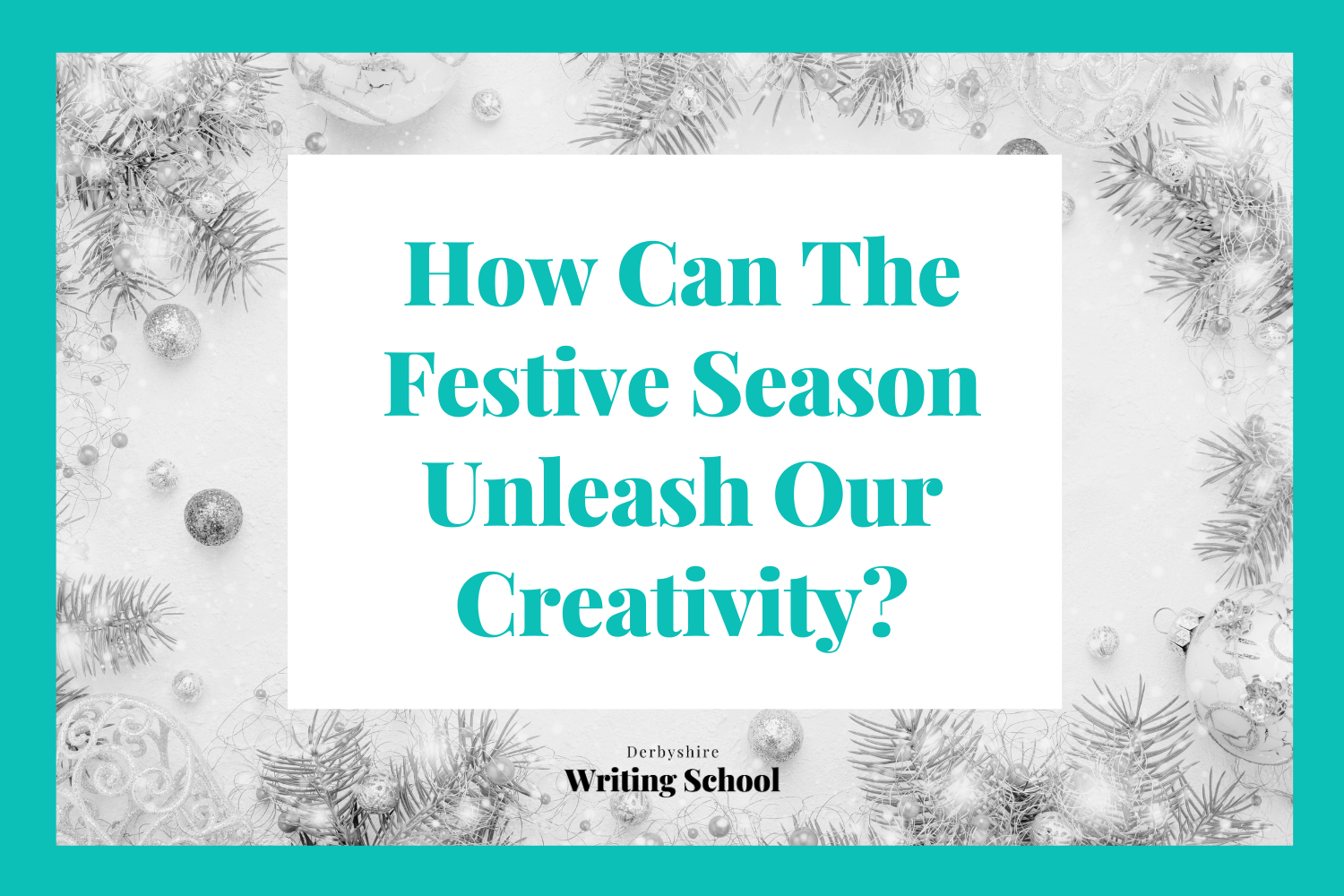Here's Why Re-reading Is A Valuable Tool In Our Writer's Arsenal
We know writing isn’t always easy. We can feel blocked, stuck, and uninspired. It’s completely natural to feel those things sometimes. However, re-reading our work can offer us a friendly helping hand and show us how to move forward.
What is re-reading?
Re-reading. It sounds like such a basic concept, and yet it’s full of potential. While developing our writing habits can help us get the words down, re-reading allows us to explore those words. It can help us decide which parts are working and recognise parts that need tweaking.
4 Reasons you should re-read your work
So why is re-reading worth doing? Let’s unpack some of the reasons re-reading is a valuable tool in our writer’s arsenal…
1. Fresh Perspective
Different moods can mean we see different things in our writing. For example, if we’re feeling tired and sluggish, we might be less aware of grammatical issues.
By putting our work away for a couple of days and revisiting it when we’re feeling refreshed, we can re-read our work with a fresh perspective. We’re more likely to notice things, such as a sentence that reads awkwardly, or a couple of commas that we don’t need.
Even the writers we admire have experienced the necessity of the re-reading process, and appreciate how powerful a fresh perspective can be. As Neil Gaiman says, ‘if I can, I'll put it away for a week or two. Not look at it. Try to forget about it. Then take it out and read it as if I've never seen it before and had nothing to do with its creation. Things that are broken become very obvious suddenly.’
2. Distance
The writing process can be intense. We can spend weeks, months, maybe years, working on our novel, our poetry collection, whatever it may be. This comes with the risk that we might become too absorbed in our work to notice areas we could improve. It’s easy to fall into the trap of becoming too attached.
This can limit our perspective and means we might miss things such as spelling errors or conflicting character details. Putting distance between ourselves and our work can renew our editing eye. Allowing ourselves time to relax away from the writing process can help to re-energise us.
It’s easy to read what our minds want us to see, rather than what is actually on the page. It’s hard to notice this habit in ourselves ,which makes it even more frustrating! However, we do have a remedy which can help with this, and it is to…
3. Read Aloud
A simple step that can make us see new things within our writing, reading our work out loud can be surprisingly powerful.
Sometimes, what we hear in our minds as we read our work is different from what we hear when we read it aloud. By re-reading our work this way, we become more alert to things like the flow of a sentence.
Taking our words from the page and giving them life in the air, can offer us a greater sense of clarity about whether something is working. This step can feel over the top, or silly even, but it’s so vital to spotting errors and seeing our work differently.
4. The Hidden Power of Proofreading
As we near our deadline, proofreading is a critical kind of rereading. It is one of the key editing strategies for writers.
Hopefully, the re-reading and examining of our work that we’ve done up to this point has ironed out any major issues. We can now focus on finer details, such as checking our punctuation is in the right place within our sentence. It’s all about polishing our work and giving it that extra shine.
A proofread might be the final chance we have to read our own work. That’s why it’s an important step to engage in.
Re-reading is a valuable tool in our writer’s arsenal. It gives us clarification, makes us aware of missed issues, and allows us to bring different perspectives to our writing. Once we get those words down, it’s important we don’t just leave it there. Let’s make them as powerful as we can. Our writing will be richer because we re-read and re-evaluated it.
How important is re-reading your work to you? Is it part of your writing routine or do you prefer to have someone else read it instead? We’d love to hear your thoughts!











